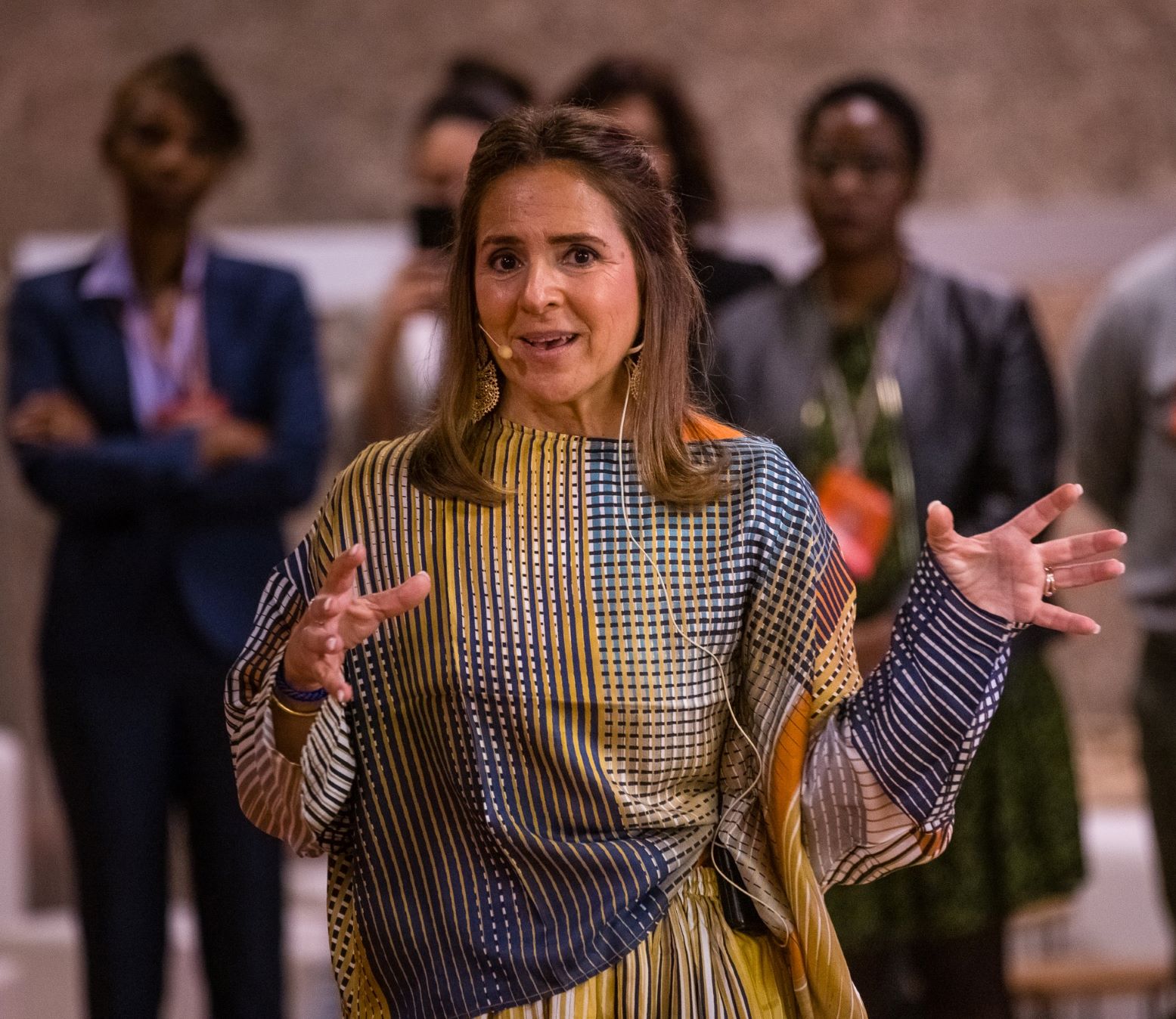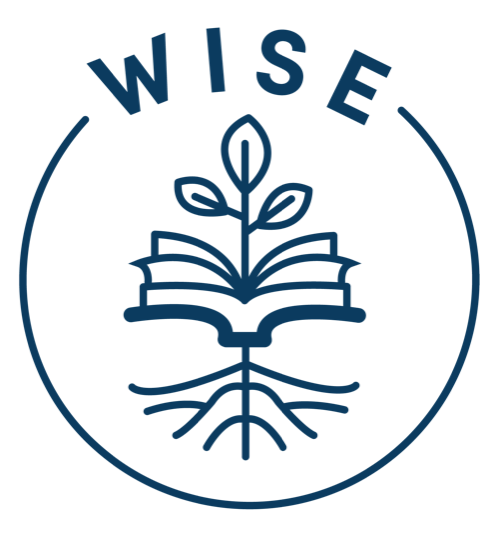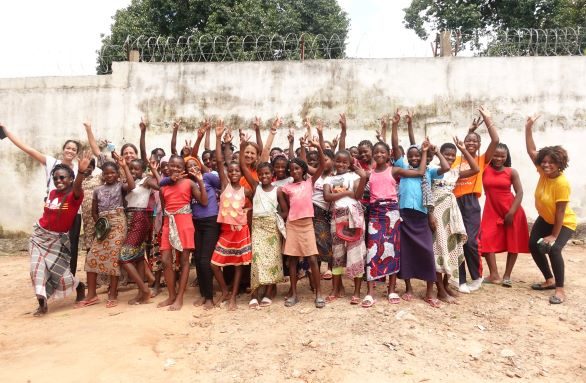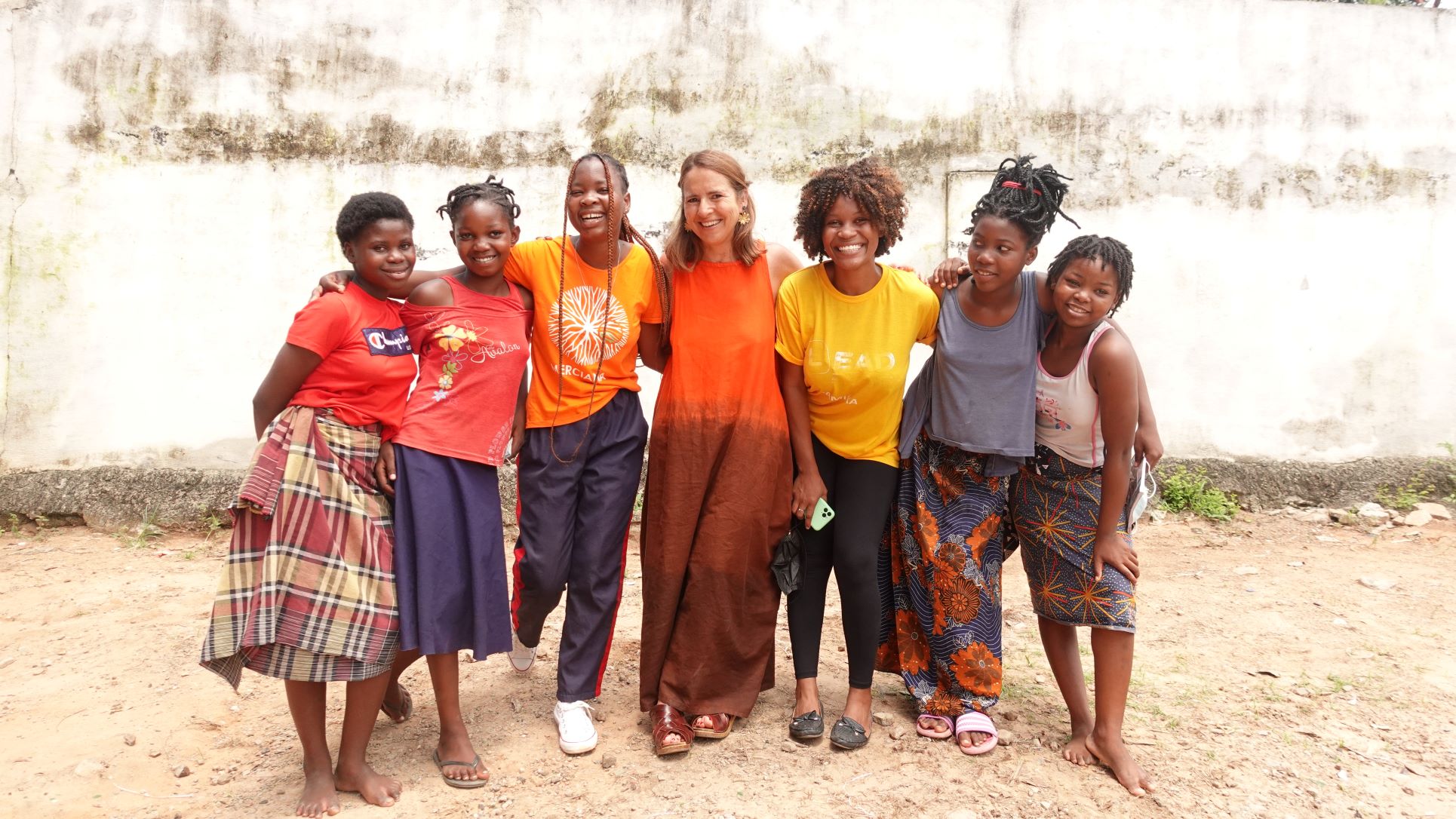During a decade-long stint as Nike’s Portugal country manager, Alexandra Machado sat at the head of the table–both literally and figuratively. However, Alexandra noticed that she was almost always the only woman present. Then, in 2014, Nike launched its ‘Girl Effect’ campaign, a global initiative that is improving and increasing opportunities for girls around the world. This campaign highlighted the challenges girls must overcome including child marriage, early pregnancy, and low school retention rates. These issues pose massive barriers for millions of girls, including in other Portuguese-speaking nations.
When Alexandra became a mother, she felt compelled to act. “I started developing a sense that motherhood is not only looking after and educating your children but also actively engaging in building the future you want for them,” Alexandra recalled.
Soon thereafter, she left the corporate world and embarked on a new chapter devoted to improving leadership opportunities for women and girls, starting in Portuguese-speaking countries. Alexandra learned that one of these countries, Mozambique, has particularly staggering statistics: as the fourth poorest country in the world, it also has the fifth-highest rate of child marriage. As a result, women are underrepresented in Mozambique’s social and economic spheres. After extensive research and a life-changing visit to the country, Alexandra realized changing societal expectations could unlock Mozambican girls’ potential to be changemakers.





